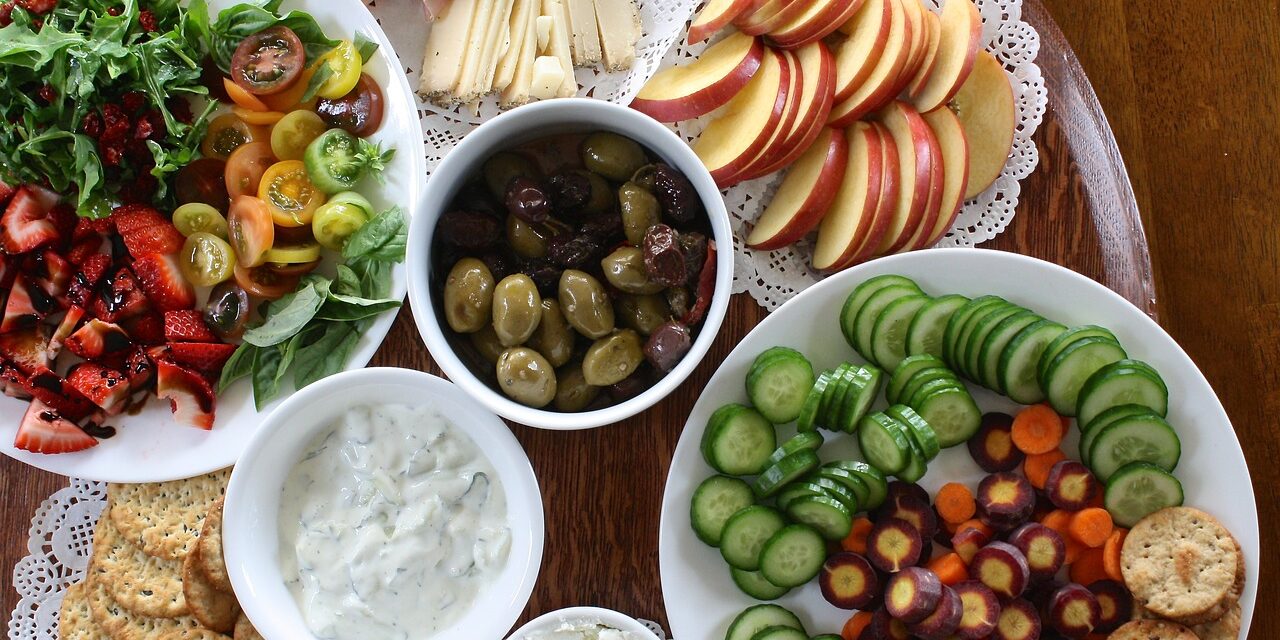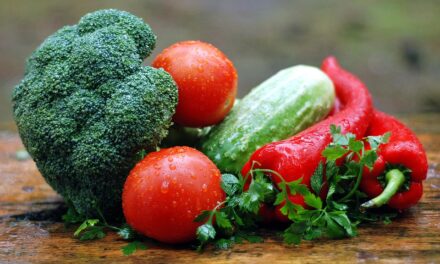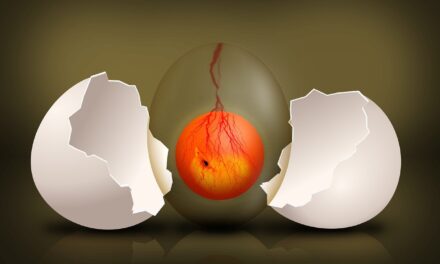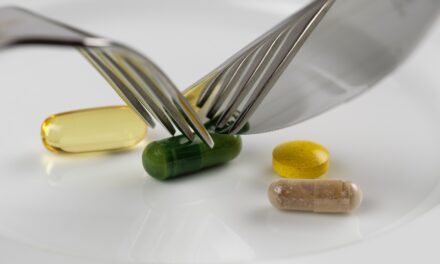Embarking on a weight loss journey can be particularly challenging for women over 50. The phrase “diet plan for 50 year old woman to lose weight” embodies more than just dietary restrictions; it represents a holistic approach to health and well-being at a crucial stage in life. This comprehensive guide aims to provide women over 50 with the insights and strategies needed to effectively shed unwanted pounds while maintaining a healthy, balanced lifestyle.
Why is weight loss uniquely challenging after 50? As women age, hormonal changes, a naturally slowing metabolism, and lifestyle factors contribute significantly to weight gain. These changes often make traditional weight loss methods less effective. However, by understanding and adapting to these changes, weight loss is still attainable and can significantly enhance overall health and quality of life.
This article seeks to explore the intricacies of weight loss for women in their 50s. We will delve into the types of foods that should be the cornerstone of a weight loss diet, the importance of balancing macronutrients, and the role of hydration and physical activity. Our aim is to provide a comprehensive understanding of how to create a sustainable diet plan tailored to the unique needs of women over 50. Whether you’re looking to revamp your current diet or embark on a new weight loss journey, this guide will offer valuable insights and practical advice for achieving your goals.
So, let’s begin this journey of discovery. By embracing the right dietary strategies, you can effectively tackle the weight loss challenge, leading to a healthier, more active, and fulfilling life post-50.
Developing a Sustainable Diet Plan for Women Over 50
Creating a diet plan that facilitates weight loss for women over 50 requires understanding the unique physiological changes that occur at this age. A sustainable approach combines the right balance of nutrients with lifestyle adjustments. Let’s explore these key components in more detail.
Understanding the Role of Hormones and Metabolism
As women age, hormonal changes, particularly around menopause, can significantly impact metabolism and body composition. These changes can lead to weight gain, especially around the abdomen. Adapting your diet to these changes is crucial. This might involve reducing calorie intake slightly while ensuring that every calorie counts nutritionally.
Macronutrients: Balancing Proteins, Carbohydrates, and Fats
A balanced intake of macronutrients is vital:
- Proteins: Essential for preserving muscle mass, proteins should be a key component of every meal. Opt for lean sources like chicken, fish, legumes, and tofu.
- Carbohydrates: Focus on complex carbohydrates such as whole grains, fruits, and vegetables, which provide sustained energy and fiber.
- Fats: Include healthy fats from sources like avocados, nuts, and olive oil, which are essential for hormone production and overall health.
Portion Control and Meal Frequency
Managing portion sizes and meal frequency can aid in weight loss. Smaller, more frequent meals can help regulate blood sugar levels and manage hunger. Mindful eating practices, such as eating slowly and without distractions, can also help in recognizing satiety cues.
Hydration
Staying well-hydrated is crucial for overall health and can assist in weight loss. Water aids in digestion, nutrient absorption, and can help in feeling full, potentially reducing calorie intake.
Incorporating Physical Activity
Diet alone might not be enough for sustainable weight loss. Incorporating regular physical activity, which can range from brisk walking to strength training, complements dietary efforts and can boost metabolism.
Adapting to Dietary Needs and Preferences
Each individual has unique dietary needs and preferences. It’s important to tailor the diet plan to include foods you enjoy while meeting nutritional requirements. Consulting with a nutritionist can provide personalized guidance.
In the next section, we will summarize the key insights from this exploration and offer actionable advice for women over 50 looking to develop an effective and enjoyable diet plan for weight loss.
Empowering Weight Loss After 50: Key Takeaways and Practical Steps
For women over 50, losing weight can be a challenging yet rewarding journey. It requires a combination of smart dietary choices, balanced nutrition, and lifestyle adjustments. Let’s summarize the key elements of a successful diet plan for weight loss and provide actionable steps to implement these strategies effectively.
Key Elements of a Diet Plan for Women Over 50
- Balance Hormones and Metabolism: Adjust your diet to accommodate hormonal changes and a slower metabolism, focusing on nutritional quality over quantity.
- Macronutrient Balance: Ensure a balanced intake of proteins, carbohydrates, and fats to support overall health and weight loss.
- Portion Control: Be mindful of portion sizes and consider smaller, more frequent meals to manage hunger and metabolism.
- Hydration: Prioritize adequate water intake, which aids in digestion and can help in appetite control.
- Physical Activity: Complement dietary efforts with regular physical activity for overall health and enhanced weight loss.
Actionable Steps for Implementing a Weight Loss Diet Plan
- Personalize Your Diet Plan: Tailor your diet to your unique health needs, preferences, and lifestyle. Consider consulting with a nutritionist for a customized plan.
- Monitor Your Progress: Keep track of your dietary habits and weight loss progress. Adjust your plan as needed based on your experiences and results.
- Educate Yourself: Stay informed about nutritional best practices and be open to trying new foods and recipes that align with your diet plan.
- Incorporate Mindful Eating: Practice eating slowly and without distractions to better recognize hunger and fullness cues.
- Stay Active: Find physical activities that you enjoy and can sustain long-term. Consistency in exercise is key to complementing your diet efforts.
- Seek Support: Join communities or support groups for motivation and shared experiences. Sharing your journey can provide additional encouragement and accountability.
- Be Patient and Persistent: Understand that weight loss after 50 is a gradual process. Stay committed to your plan and be patient with yourself.
By implementing these strategies, you can create a sustainable path toward weight loss and improved health. Remember, the goal is not just to lose weight but to build a healthier lifestyle that you can enjoy and maintain in the years after 50.






